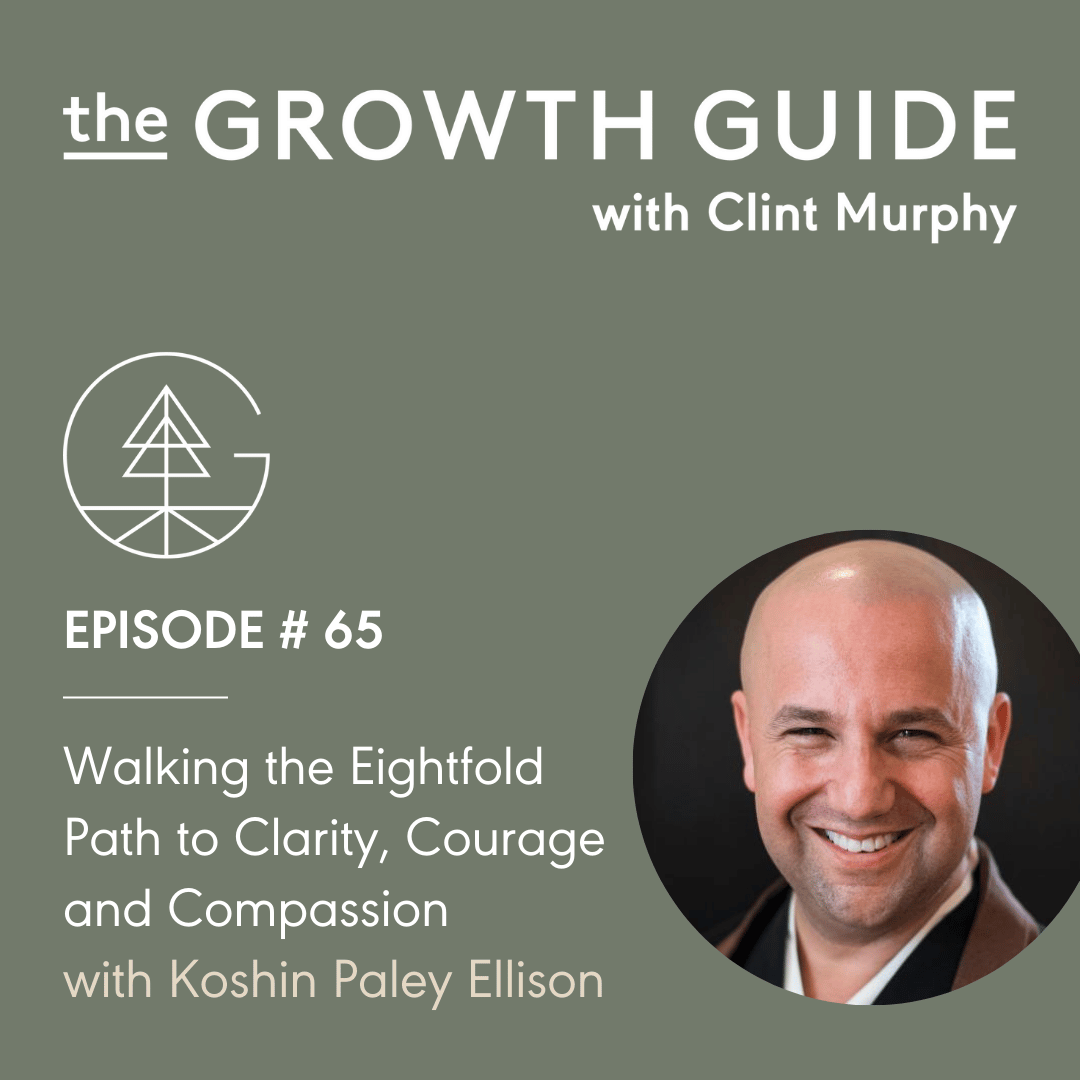About the Episode
Clarifying who we are no matter what life throws at us, having the courage to achieve things in life no matter how many times we fail, and being able to understand and feel empathy for others are some of the most important aspects that we have to attach to our personality. In today’s episode, we are joined by Sensei Koshin Paley Ellison; president and co-guiding teacher at New York Zen Center for contemplative care, a Zen practice center in Manhattan to discuss his upcoming book ‘Untangled’. Throughout the episode, we dive into how Koshin became a Zen monk, what he meant by junk pleasure, the eightfold path of Buddhism, the consequences of actions, the three giants, the importance of words, and more.
Most of the time people are looking for quick relief from the pain they are suffering. Koshin defines it as junk pleasure. We find some quick relief but the pain, and the suffering stays as same before. According to him, the quick relief or pleasure is not either deeply nourishing or pleasurable in the long term. Sometimes self-isolation could be a good thing, but most of the time, it will negatively affect your life. It will make you miss the beauty of the world and the beauty of the people around you.
‘The eightfold path’ in Buddhism has included eight principal teachings that Buddhists follow in their everyday lives. The eight steps are right view, right intention, right speech, right action, right livelihood, right effort, right mindfulness, and right concentration. Explaining Koshin’s view of the eightfold path shows how we can show up wise, ethical, and compassionate, he says. Many of us don’t know what to say or how to act in difficult situations. It’s just human nature. We don’t want to put ourselves in those difficult moments. But if you can’t still with the pain, you will never be free from it, says Koshin.
Words are important. The words you choose to talk to someone can affect both them and you. It will change things between the speaker and you. Koshin shares his opinion on choosing words to speak in different situations. According to him, you have to think about the necessity of speaking in situations. You have to ask yourself ‘do I really need to say something?’ or ‘is it important to talk now?’.
Wrapping up the conversation, Koshin shares one question that he asks himself as a habit; ‘what else is true?’ because we as humans are very self-limited and believe things that we know. But you have to search for other things that you don’t know. You have to get out of the box and search for what other truths might be out there.
